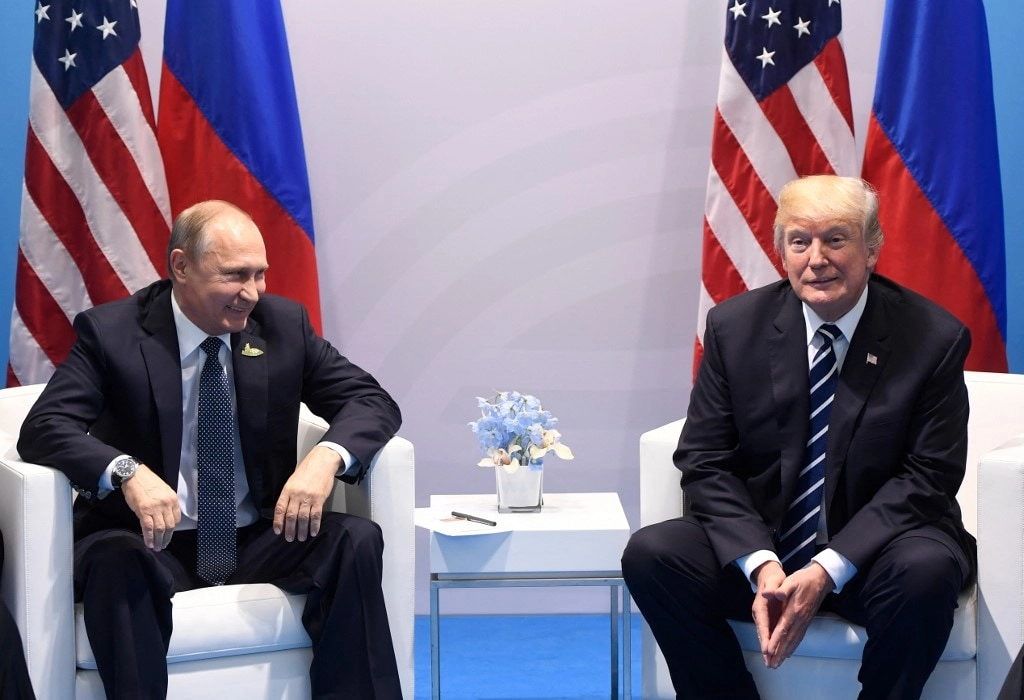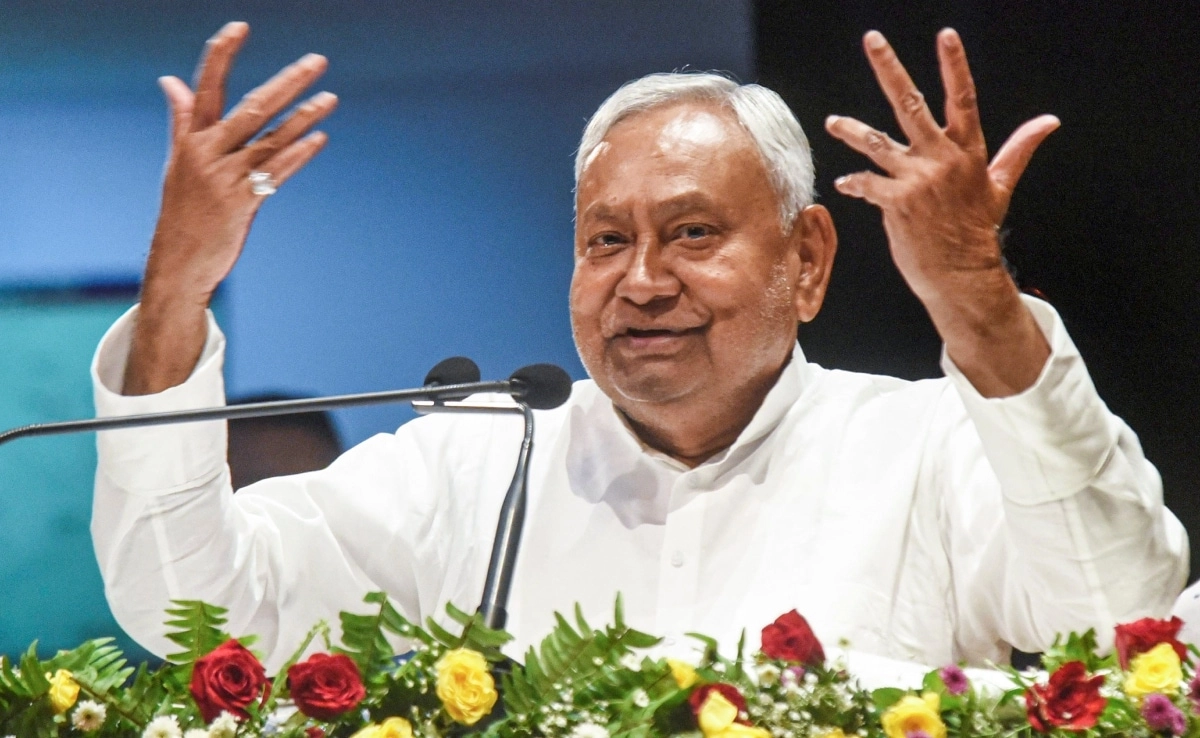In a notable shift in diplomatic posture, the Kremlin has indicated a willingness to facilitate discussions between President Vladimir Putin and former President Donald Trump during the upcoming international summit in Beijing this September. This development underscores the evolving dynamics of international relations, particularly in the context of U.S.-Russia interactions. The Kremlin’s readiness to engage in dialogue with Trump, who has expressed a favorable stance towards Russia in the past, reflects a strategic move to potentially reshape the geopolitical landscape amidst rising tensions and uncertainty.
The backdrop of these proposed discussions is marked by a complex web of issues, including arms control, trade relations, and regional conflicts. With the ongoing war in Ukraine and heightened tensions in Eastern Europe, the Kremlin’s overture to Trump may be seen as an attempt to recalibrate its approach to Western powers. Engaging in talks with a prominent American figure like Trump could provide Russia with an opportunity to advocate for its interests on the global stage, particularly in light of the current administration’s policies that have been perceived as antagonistic.
Furthermore, the potential for Trump to reenter the political arena in 2024 adds another layer of complexity to the situation. Should he emerge as a leading candidate or even reclaim the presidency, the Kremlin may view this as an opportunity to forge a more favorable relationship with the United States. The prospect of dialogue in Beijing may serve not only to address pressing bilateral issues but also to cultivate a rapport that could influence future interactions between the two nations. This reflects a broader strategy by Russia to seek out allies and build partnerships that can counterbalance Western influence.
As the world watches, the implications of these talks could reverberate far beyond U.S.-Russia relations. The outcomes may impact global security frameworks, economic partnerships, and diplomatic alliances, particularly in light of the current geopolitical climate. The Kremlin’s willingness to engage in talks with Trump signifies a proactive approach to diplomacy, aiming to navigate the complexities of international politics while positioning itself advantageously in a rapidly changing world order. The summit in Beijing thus presents a critical juncture for both leaders to address pressing global issues and potentially redefine their countries’ future interactions.




